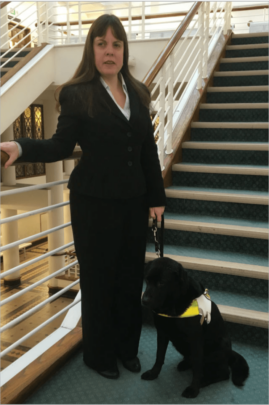Departments
Back to main menu
Professions
Back to main menu
Life in the Civil Service
Back to main menu
What do Civil Servants say?
-
Social Mobility in the National Security CommunityCatherine Holmes and Naomi Davey, co-NSC Social Mobility Champions, write about the National Security Community and their work to ensure the community represents the country.
-
Alfonso's life in Cyber SecurityAlfonso Greenbrook is a former Level 4 Apprentice in Cyber Security Monitoring. He now works in Security and Data Protection in DWP.
-
Alison and Dave's life in HMRCHear from Alison and Dave about what it's like to work within Customer Strategy & Tax Design in HMRC
Entry Routes
Back to main menu
Experienced Hires
Supported Schemes
Application Guidance
Back to main menu









